What’s in there for Blue Bioeconomy in the future?
Discover our curated selection of quotes from blue bioeconomy experts, world leaders, and visionary reports. Let these ideas take you on this journey where dreams and reality may be one and just around the corner.
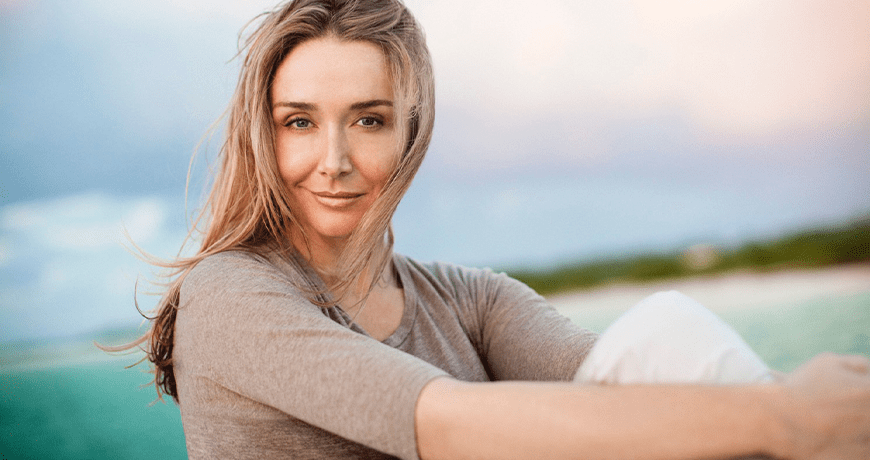
Alexandra Cousteau
Filmmaker and Environmental activist
“Over 50% of blue natural capital in the oceans has been lost. If we want to leave a legacy for our children, we must do more than conserve. We must be strategic and relentless in our quest to restore ocean abundance.”
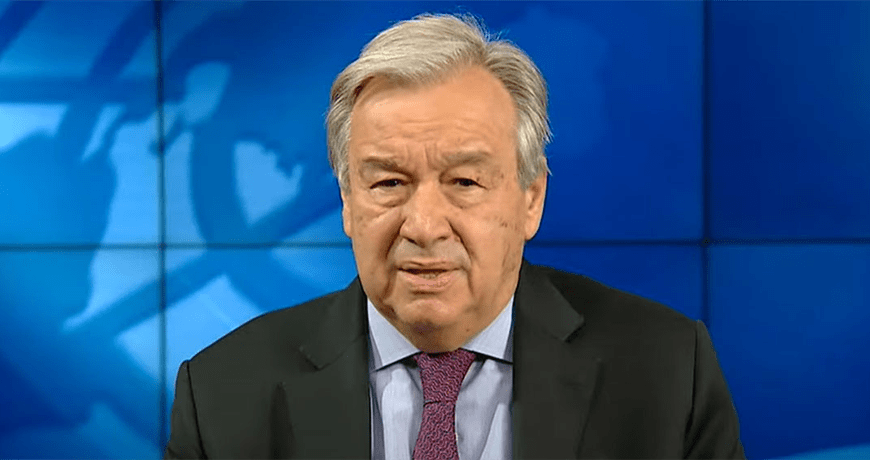
António Guterres
UN Secretary-General
“The health of the ocean is being placed at risk by climate change, habitat destruction, harmful fishing practices and pollution including plastic waste. We need better management and sustainable use of the ocean resources to foster not only a green but also a blue recovery from the covid-19 pandemic.”
Source: www.youtube.com
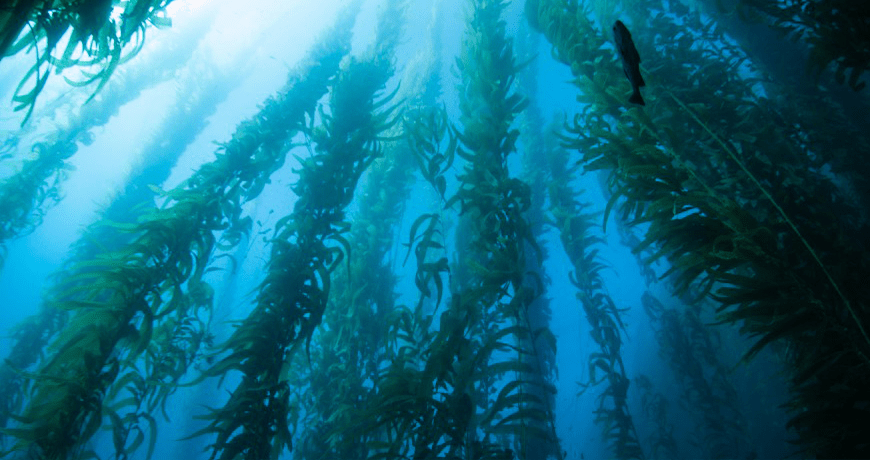
Blue Bioeconomy Forum
“The sea has traditionally been a large source of economic prosperity and it offers large potential to contribute to achieving quite a number of Sustainable Development Goals, including life below water, climate action, decent work and responsible consumption. Fisheries and aquaculture have been important sources of food for a long time, but outside these sectors the use of renewable aquatic biological resources to make products is still in the infancy stage.”
Source: Roadmap for the blue bioeconomy
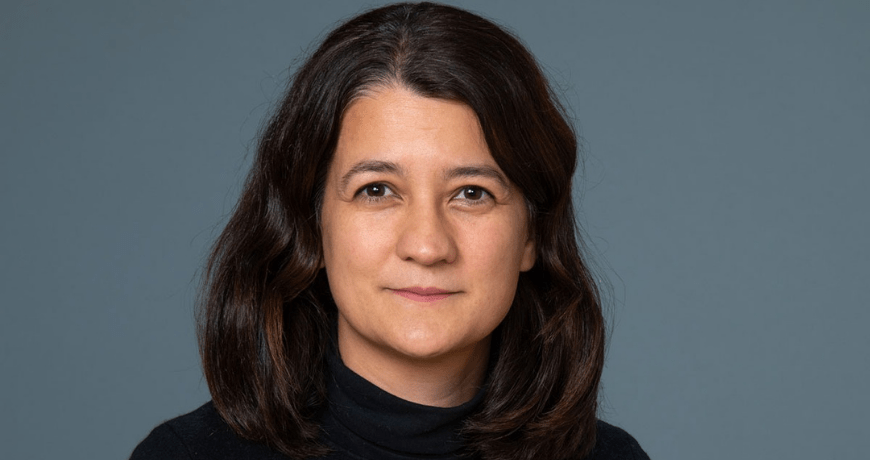
Catarina Martins
Chief Technology and Sustainability Officer at Mowi
“Nutritional profiles, greenhouse gas emissions, sustainable sourcing, price… all of these elements are very important. (…) Salmon companies are really paying a lot of attention to these scientific targets. (…) There are real actions being taken. It’s not just ‘blah blah blah.”
Quotes aside an IntraFish event where Mowi, IKEA and BioMar participated, where its execs painted a picture of seafood’s sustainable future feed.
Source: www.intrafish.com Image Copyright: Mowi
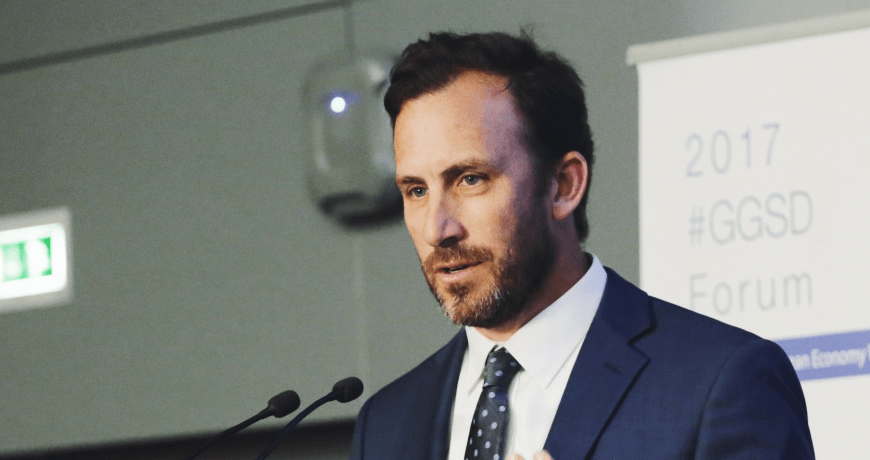
Christopher Costello
Professor of Environmental and Resource Economics at the Bren School of Environmental Science & Management, UC Santa Barbara
“The ocean has great, untapped potential to help feed the world in the coming decades, and this resource can be realised with a lower environmental footprint than many other food sources. Yet ocean health and ocean wealth go hand-in-hand. If we make rapid and far-reaching changes in the way we manage ocean-based industries while nurturing the health of its ecosystems, we can bolster our long-term food security and the livelihoods of millions of people.”
Source: https://thefishsite.com
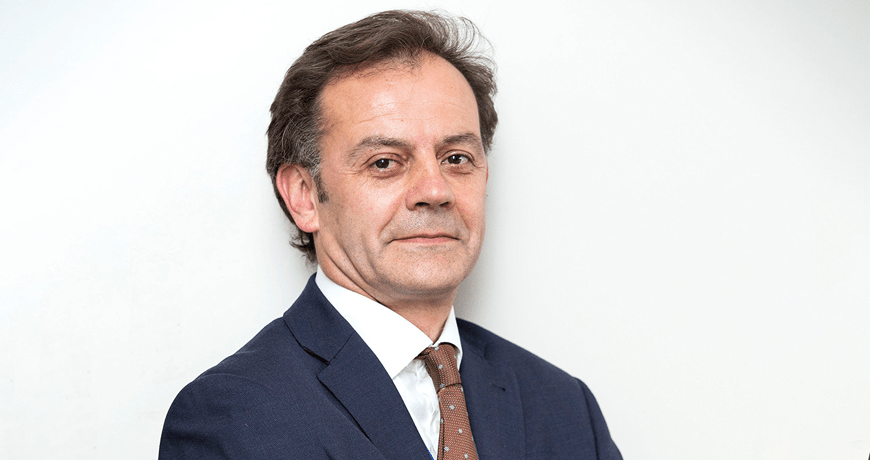
Manuel Barange
Director of FAO Fisheries and Aquaculture Policy and Resources Division
“To fulfill our aspirations of creating a more equitable, prosperous and food secure world, the global community must work together to end over-fishing, improve global fisheries management and prioritise low-impact mariculture approaches. This would bolster food security and help eradicate hunger, the lynchpin for achieving the UN Sustainable Development Goals.”
Source: http://www.fao.org
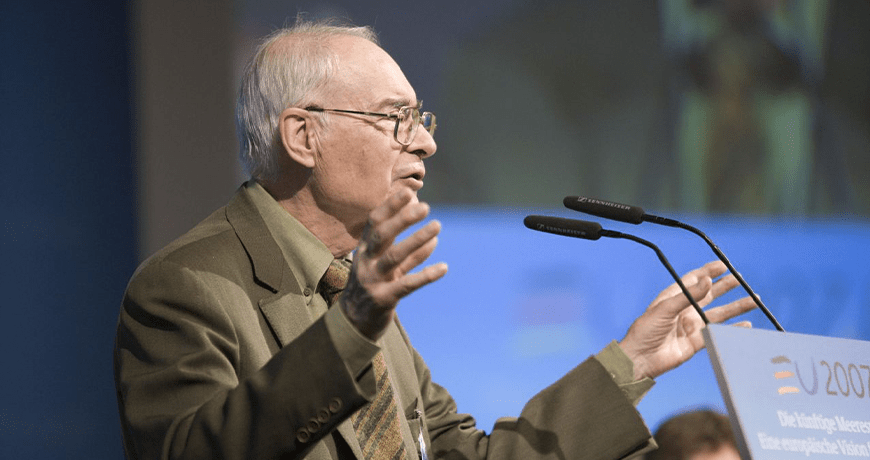
Mário Ruivo
Biologist and policy maker (1927-2017)
“The ocean is under pressure from human societies and ocean-based economic sectors, and requires a management based on scientific and technical knowledge that can assure its resources and functions are maintained through the ecosystems.”
Source: https://www.uc.pt/feuc
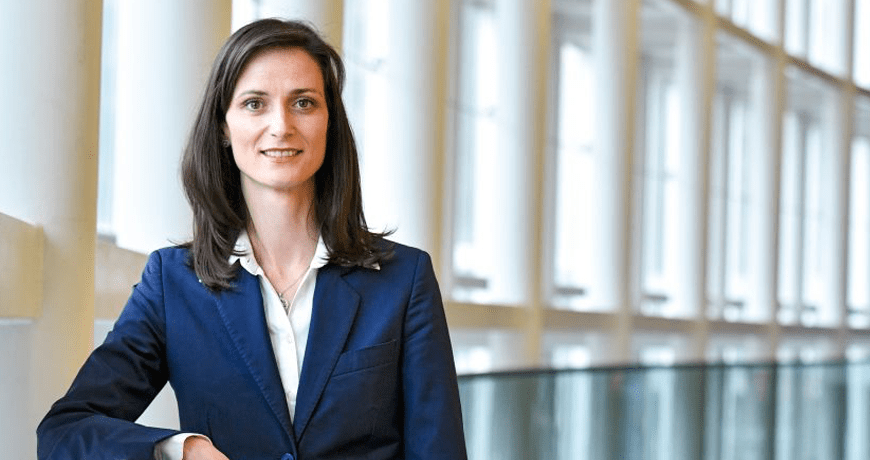
Mariya Gabriel
EU Commissioner for Innovation, Research, Culture, Education and Youth, responsible for the Joint Research Centre
“Oceans, coastal areas and marine activities are playing a crucial role now and in the future of the European Union and its citizens. Healthy oceans and coastal areas are vital for our societies and the future of our planet. They are the lungs of our planet, producing half of the oxygen we breathe. They are a source of healthy food, contributing 16% of the animal protein we eat and provide the basis for numerous economic activities that generate growth and jobs.”
Source: https://ec.europa.eu
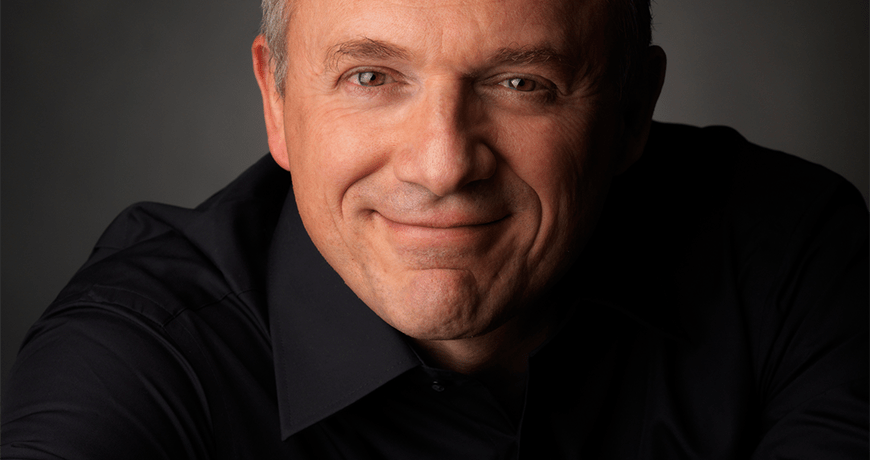
Pierre Erwes
Chairman of Biomarine
“Consumers need to be encouraged to think differently. The effectiveness of technological innovation inevitably depends on the consumer’s willingness to accept change in the future. Thanks to the European Commission, most European countries have begun to ban single-use plastics. The real transition however will occur once industries will stop producing non-degradable plastics as a result of consumer pressure.
Why would you buy a cosmetic product that contains plastic microbeads when you can get a product that doesn’t have any? Why would you not prefer purchasing packaging that can be recycled into spa treatment products over a traditional non-recyclable plastic container? Why purchase furniture made of chemically soaked wood when you could go for algae-based furniture which can subsequently be used for animal feed? Consumer demands will drive our society’s evolution and every innovative product that reinforces this responsible, sustainable behavior needs to be supported.”
Source: https://bioplasticsnews.com Photo Copyright: Bernard Audry
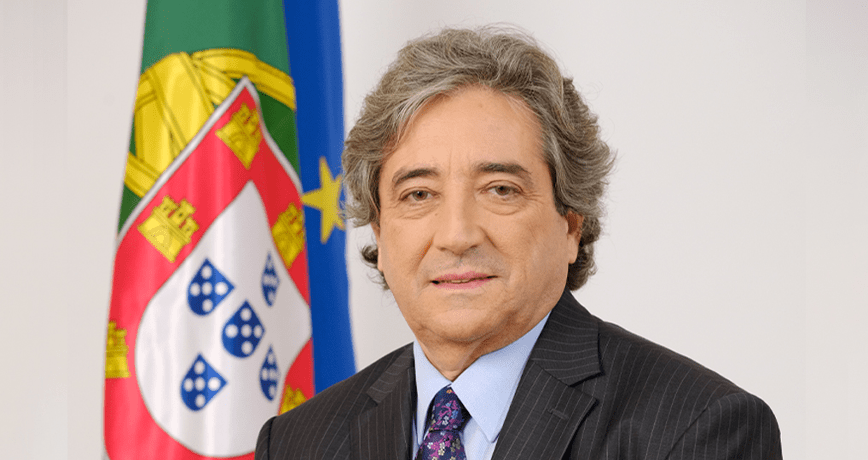
Ricardo Serrão Santos
Ministro do Mar
“I am convinced that in all areas of sea economy there is potential to create jobs in the next decade, including in fisheries and fish processing industries”.
Source: http://www.vidaeconomica.pt Photo Copyright: https://www.portugal.gov.pt
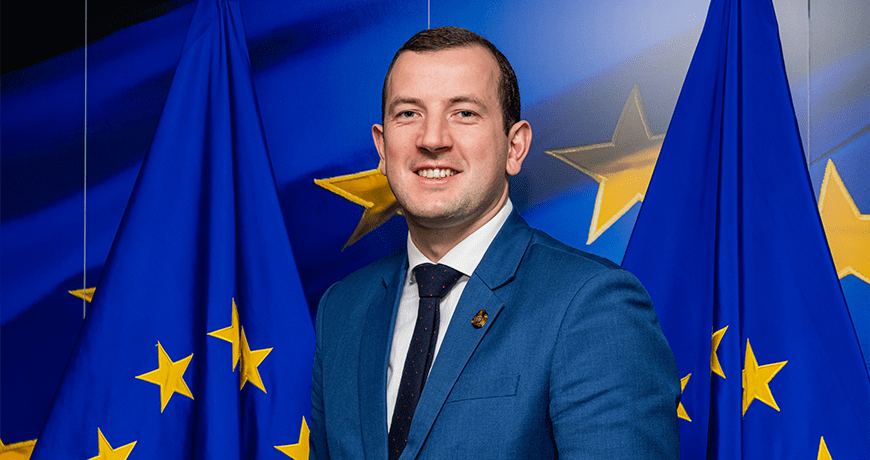
Virginijus Sinkevičius
EU Commissioner for Environment, Oceans and Fisheries
“Despite the setback brought on by the coronavirus crisis, I strongly believe in a bright future for the blue economy. Several sectors marked a dynamic development before the crisis and have a strong potential to contribute to a swift and sustainable recovery in line with the EU Green Deal. Maritime renewable energy, food from the sea, sustainable coastal and maritime tourism, the blue bio economy and many other activities constituting the blue economy will help us come out of this crisis stronger, healthier, more resilient and sustainable.”
Source: https://ec.europa.eu Photo Copyright: Georges Boulougouris
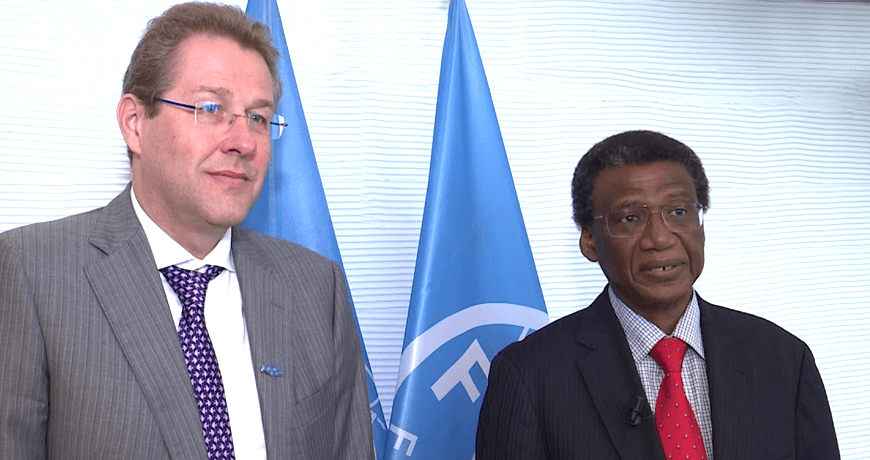
Gareth Johnstone / Yusuf Abubakar
Director General of WorldFish / Board Chair of WorldFish
“We believe fish and other aquatic foods must occupy a central place in the global agricultural research agenda, which has traditionally focused on land-based crops and livestock.”
Source: WorldFish. 2020. 2030 Research and Innovation Strategy: Aquatic Foods for Healthy People and Planet. Penang, Malaysia: WorldFish. Strategy: 2020-38. – Document available at: https://www.worldfishcenter.org

